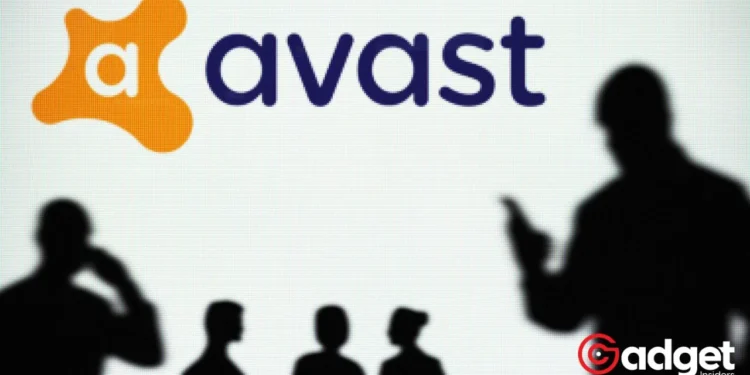In an era where digital privacy is increasingly becoming a myth, the recent fine slapped on cybersecurity behemoth Avast by the Federal Trade Commission (FTC) serves as a stark reminder of the fragility of user trust and the paramount importance of data protection. The FTC’s $16.5 million fine against Avast for the sale of user browsing data to advertisers without consent marks a significant moment in the ongoing debate about privacy, ethics, and the role of cybersecurity firms in safeguarding user information.

A Betrayal Unveiled
For years, Avast has positioned itself as a guardian of online privacy, promising users comprehensive protection against online tracking and data breaches. However, the FTC’s complaint reveals a disconcerting contradiction to this commitment.
From 2014 to 2020, Avast engaged in the collection and sale of sensitive user browsing data through its antivirus software and browser extensions, blatantly disregarding the privacy promises made to its users.
This data, encompassing details about individuals’ health concerns, political views, financial status, and even visits to child-directed content, was sold to over 100 third parties, including tech giants and retail companies.
The revelation of this practice not only undermines Avast’s credibility but also raises alarming questions about the ethics of data monetization by cybersecurity firms.
Avast fined $16.5 million by FTC for selling user browsing data to advertisers
Cybersecurity giant Avast has been hit with a $16.5 million fine from the FTC for selling customers' web browsing data to advertisers. The company carried ou… https://t.co/PttuNAm0e3
— TechSpot (@TechSpot) February 23, 2024
The Consequences of Deception
The FTC’s action against the anti-virus company underscores the sensitivity of browsing data and the legal implications of its unauthorized sale. Lina Khan, Chair of the FTC, emphasized that Avast’s actions represent a clear violation of trust and law, highlighting the need for stringent regulatory oversight in the digital domain.
The fallout from this breach of trust was swift and decisive.
Avast was forced to shutter Jumpshot, its data-harvesting subsidiary, in the wake of the investigation that brought these practices to light. Furthermore, the FTC’s proposed order now bars Avast from misrepresenting its data usage policies and prohibits the sale of browsing data for advertising purposes, a move aimed at preventing future breaches of user trust.
Avast’s Response and the Path Forward
In response to the FTC’s allegations, Avast has expressed its commitment to protecting digital lives, albeit acknowledging the resolution to move past this controversy. The company’s statement reflects a desire to rebuild the trust that has been severely eroded, emphasizing a continued focus on serving its global user base.

As Avast integrates with Norton LifeLock under the Gen Digital umbrella, the incident serves as a critical lesson for the industry at large. The balance between business interests and user privacy is delicate, and companies must navigate this landscape with the utmost integrity and transparency.
A Wake-Up Call for Digital Privacy
The Avast fine is more than just a punitive measure; it is a wake-up call to the tech industry about the importance of ethical data practices. As users become increasingly wary of online surveillance and data exploitation, companies must prioritize privacy and transparency to maintain trust and credibility.
The digital age demands a new standard of accountability, where user privacy is not just a promise but a foundational principle of operation. For cybersecurity firms, the message is clear: the protection of user data must be paramount, lest they face the consequences of consumer backlash and regulatory scrutiny. In the quest for a safer internet, the integrity of our digital guardians is non-negotiable.










